FIVE-STAR TEAM WARRANTY &
SAME-DAY SERVICE
How To Improve Water Heater Efficiency
Water heaters are essential appliances in our homes, providing the comfort of hot water for showers, dishwashing, laundry, and more. However, they can also be significant contributors to energy bills if not used efficiently. Fortunately, there are several simple steps homeowners can take to improve the efficiency of their water heaters, saving both energy and money in the process.
Set the Right Temperature:
Many water heaters are set to temperatures higher than necessary, leading to energy wastage. The U.S. The Department of Energy recommends setting the water heater thermostat to 120 degrees Fahrenheit (49 degrees Celsius) “HOT”. This temperature is hot enough for most household needs while minimizing the risk of scalding and reducing energy consumption.
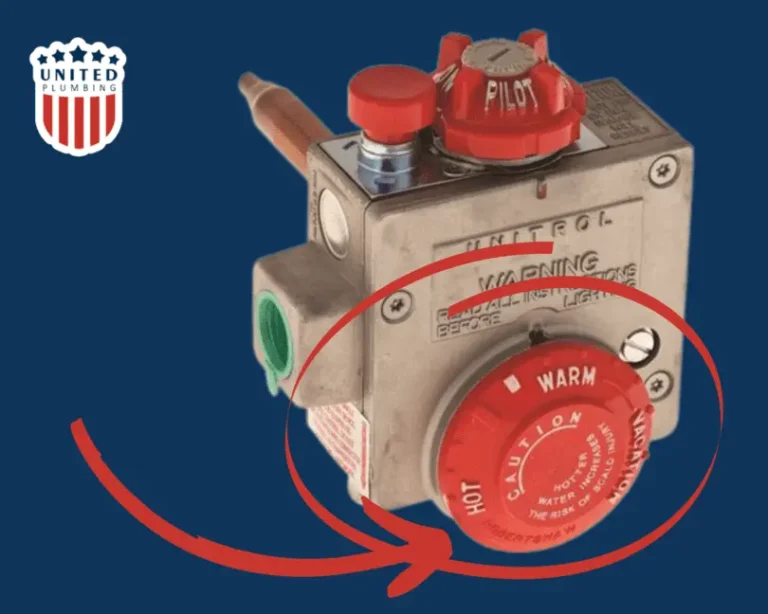
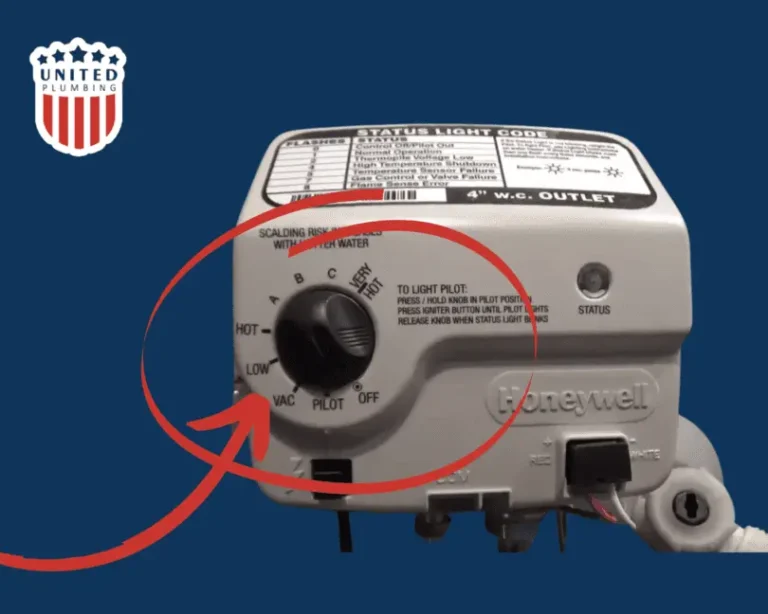
Drain sediment:
Sediment buildup in the tank can reduce heating efficiency and shorten the lifetime of the unit. Flushing the tank annually helps remove sediment and maintain optimal performance. To drain sediment, attach a hose to the drain valve at the base of the tank, turn off the power or gas to the heater, open the valve, and let the water run until it runs clear. Additionally, inspecting and replacing the anode rod when necessary can prevent corrosion and extend the life of the water heater.
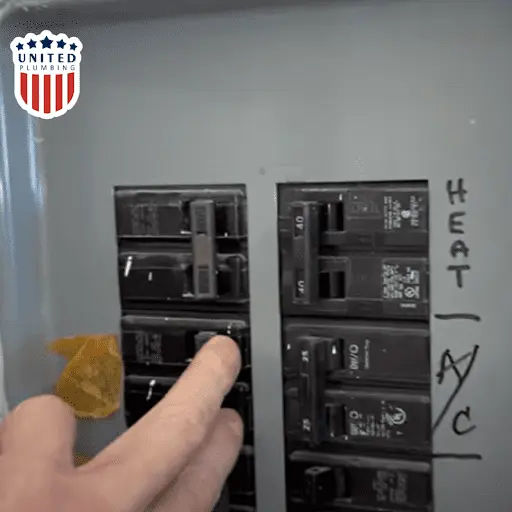
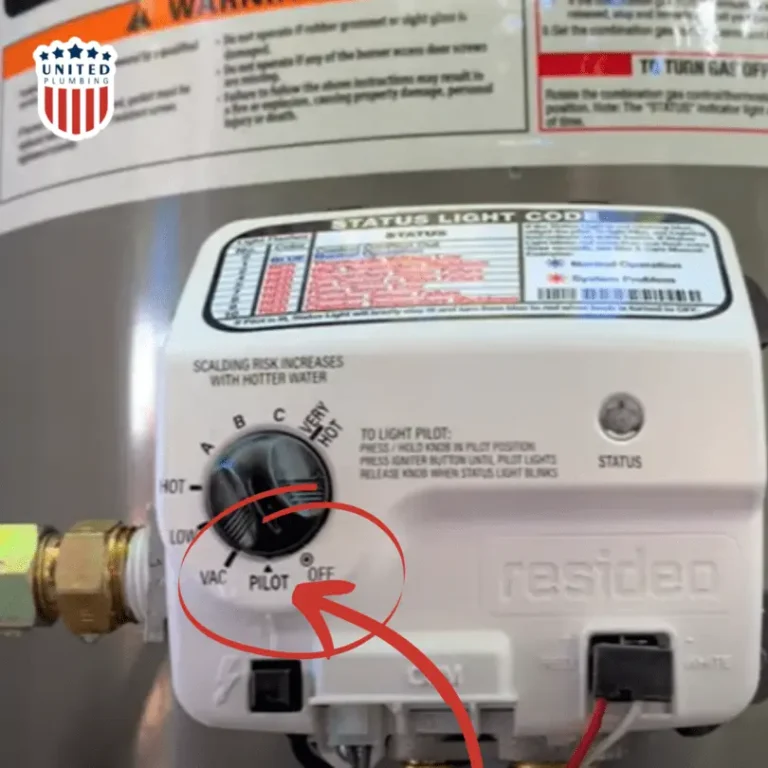
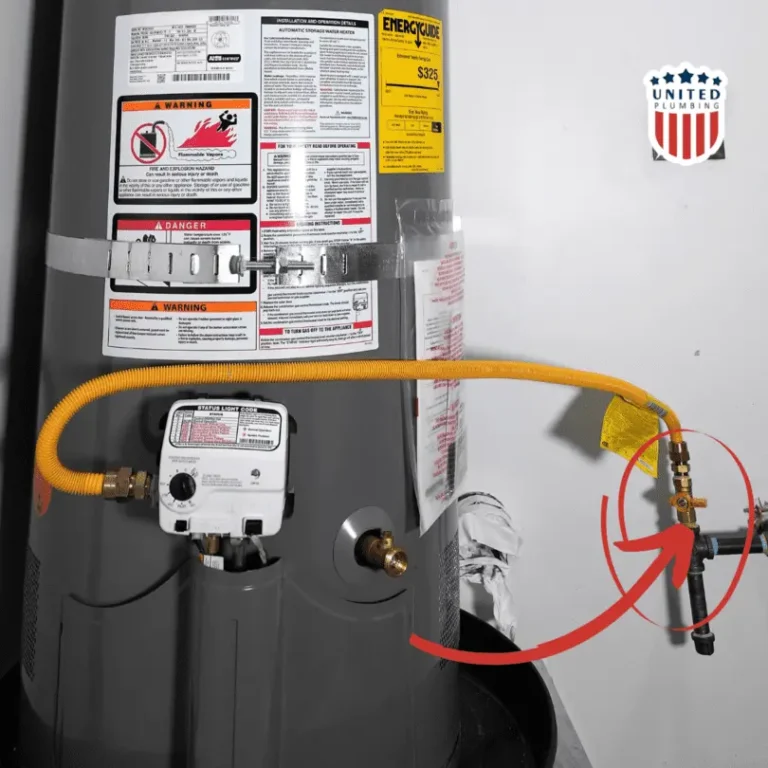
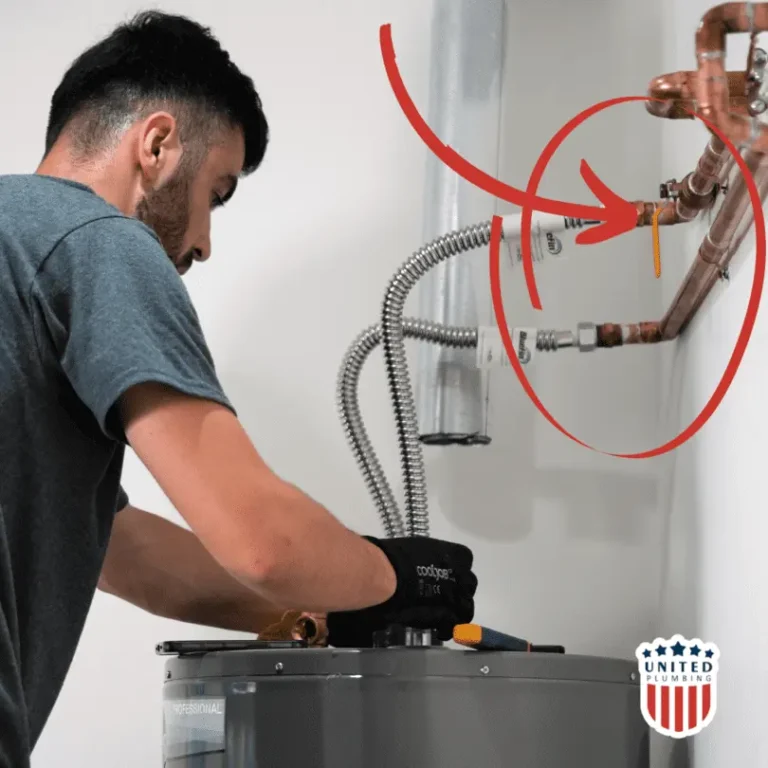
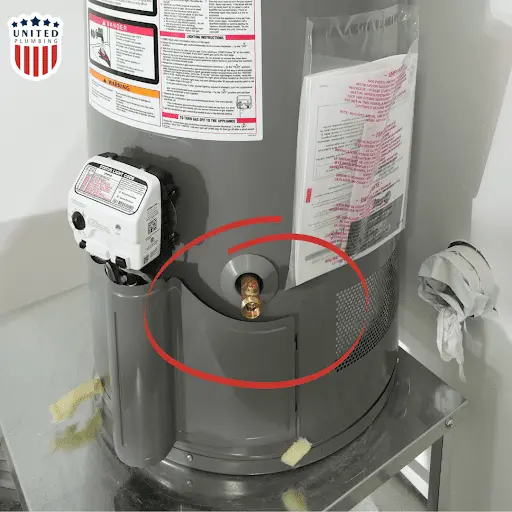
Time Your Hot Water Usage:
Timing your hot water usage can further increase efficiency. For example, running the dishwasher and washing machine with full loads during off-peak hours can reduce energy costs. Additionally, standing showers and limiting the length of each shower can minimize hot water consumption. By being mindful of when and how you use hot water, you can maximize efficiency and reduce waste. When you leave for a long period, it is recommended to set the “vacation” mode; this is also one of the ways to increase efficiency.

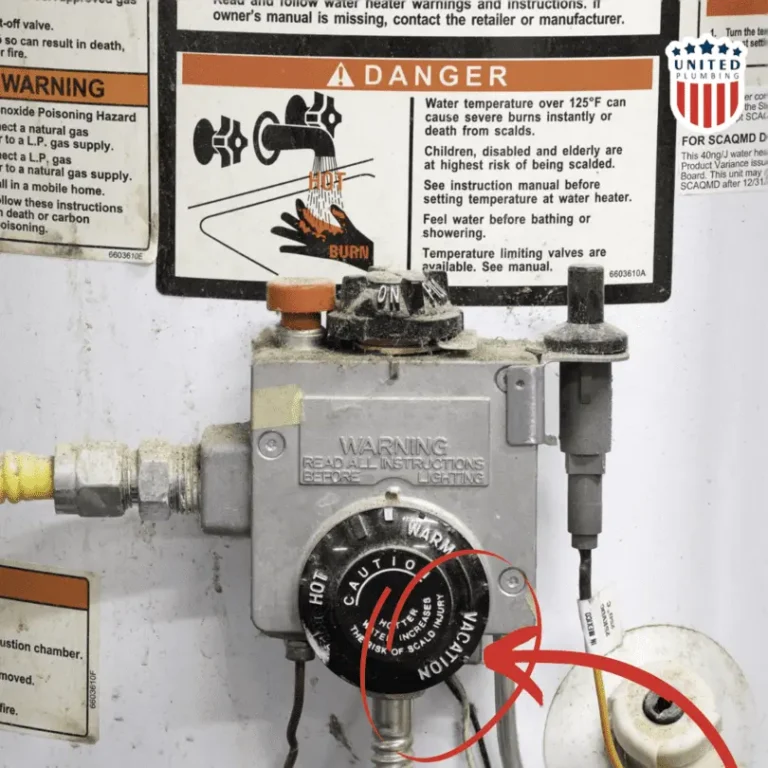
Repair leaky faucet or pipes:
It’s also crucial to ensure that the tap and pipes connected to your water heater are leak-free. Even small leaks can lead to significant water and energy wastage over time. Regularly check for leaks and promptly repair any leaks you find. This simple maintenance task can improve the efficiency of your water heater and prevent costly water damage to your home. If your faucet drips once every second every day, all day, it would only take four and a half hours to reach one gallon. Every day you would waste 5 gallons of water or 2,082 gallons per year.
Improving the efficiency of your water heater not only reduces energy consumption and lowers utility bills but also helps conserve natural resources and reduce greenhouse gas emissions. By following these practical tips, homeowners can enjoy the benefits of hot water while minimizing their environmental footprint. Whether through simple adjustments in temperature and usage habits or upgrading to more efficient systems, every effort counts towards a more sustainable future.
Post views: 518
Latest posts

Does LED Flickering Mean an Electrical Problem?
What California Homeowners Need to Know
LED lights are popular in California homes because they use less energy...

Does a Water Softener Fix Rusty Water in California Homes?
If you’re seeing brown, orange, or reddish water coming from your faucets, it’s normal to wonder if a water softener...


If you still have questions or need advice, please leave a request and we will contact you as soon as possible
Need a plumber and got no clue where to start?
(408) 539-6936Facing a plumbing issue? Get a FREE in-person estimate and quick solutions from our skilled technicians, ensuring your home runs smoothly again!
